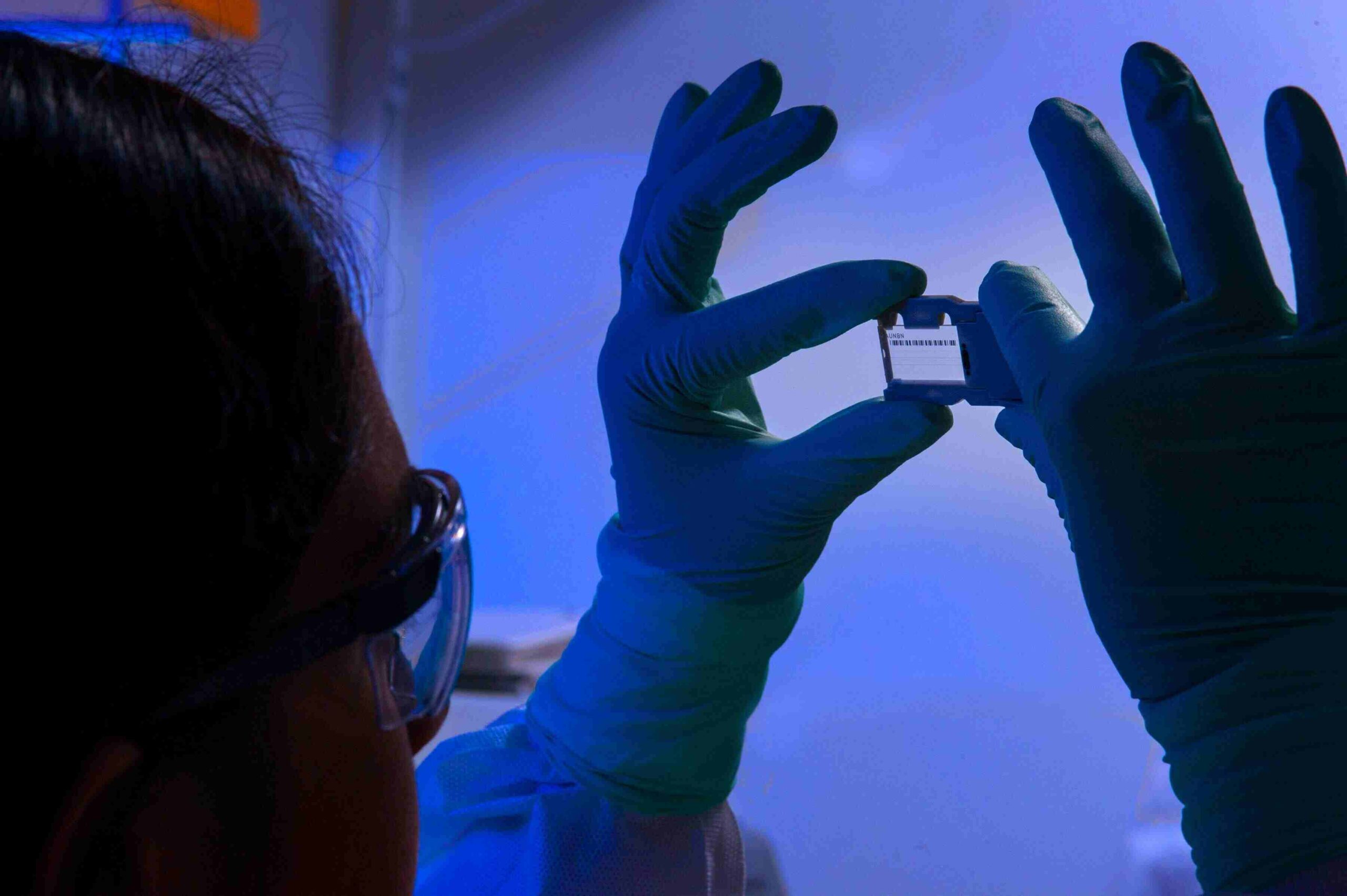
What Is Quercetin? Discovering the Health Benefits
Have you heard about quercetin but are not sure if you know everything you are interested in? You are in the right place! Welcome to another exciting journey. This time, we take you to the interesting world of quercetin.
Let’s begin with the most vital question:
What is Quercetin?
Quercetin is a natural plant pigment classified as a flavonoid that belongs to a larger group of compounds known as polyphenols. As a flavonoid, it plays a crucial role in supporting the plants’ defense mechanisms, helping them combat environmental stressors. Beyond its botanical functions, quercetin has garnered significant attention for its potential health benefits for humans. Recognized for its antioxidant and anti-inflammatory properties, quercetin is believed to contribute to overall well-being and has been studied for its potential role in supporting immune health, cardiovascular function, cognitive performance, and more.
As a flavonoid, quercetin cannot be synthesized in the human body. It has a distinct yellow color and exhibits limited solubility in hot water while demonstrating appreciable solubility in alcohol and lipids. Conversely, it remains insoluble in cold water. These characteristics contribute to the unique properties and behavior of quercetin within various biological and chemical systems.
However, the health benefits of quercetin for human health are currently being investigated, and the available evidence for these claims is currently insufficient. Our current understanding of the potential health benefits of quercetin is limited and requires further study and analysis.
Potential Health Benefits of Quercetin
While its health benefits are still heavily under research, animal and in vitro studies have shown promising results in controlling various health conditions and diseases.
Now, let’s dive deeper into each potential advantage:
Antioxidant Properties
Quercetin’s antioxidant properties are attributed to its ability to counteract the damaging effects of free radicals. Free radicals are highly reactive molecules that are naturally generated in the body as a result of various metabolic processes and external factors like pollution, UV radiation, and stress. The excessive presence of free radicals leads to oxidative stress, a condition associated with the development of chronic diseases and the aging process.
In addition to its direct scavenging of free radicals, quercetin also supports the body’s own antioxidant defense system. It helps stimulate the production of enzymes that play a crucial role in neutralizing free radicals, thereby enhancing the overall body’s capacity to manage oxidative stress. This dual mechanism of action highlights the potential of quercetin as a valuable agent in combating the detrimental effects of free radicals and maintaining cellular homeostasis.
Anti-Inflammatory Effects
The anti-inflammatory properties of quercetin are related to its ability to modulate the body’s immune response and reduce the production of inflammatory molecules. Inflammation is a natural response of the immune system to various stimuli, such as injury, infection, or irritants. While acute inflammation is an essential part of the healing process, chronic inflammation can lead to tissue damage and contribute to chronic diseases.
By reducing the production of inflammation-promoting molecules (like prostaglandins and leukotrienes) and balancing the immune response, quercetin may contribute to overall health and well-being. However, it’s important to note that its anti-inflammatory effects can vary based on factors such as dosage, absorption, and individual health conditions.
Immune System Support
Quercetin’s effects on the immune system are multifaceted and involve interactions with various immune cells and signaling pathways. While the exact mechanisms are complex and not fully explained, there are certain findings.
It is known that quercetin encourages the immune system to work effectively by activating immune cells that combat threats. Quercetin’s ability to regulate the release of signaling molecules called cytokines helps keep the immune response under control, preventing it from becoming overly aggressive. It also inhibits the release of histamine, which is associated with allergic reactions. Its antioxidant properties protect immune cells from harm, supporting their proper function. By enhancing protective barriers in tissues like the gut and respiratory tract, quercetin shields against unwanted invaders. Overall, this remarkable compound helps the immune system stay in harmony, preventing unnecessary inflammation or overactivity while maintaining its defense against potential harm.
Cardiovascular Health
The potential effects of quercetin on cardiovascular health are reflected in the reduction of cholesterol levels and blood pressure. Its antioxidant effect is associated with the protection of blood vessels against oxidative stress and reducing the risk of atherosclerosis. It can reduce the level of LDL cholesterol (the so-called bad cholesterol), which leads to plaque formation in the arteries (the leading cause of atherosclerosis). By maintaining proper circulation, it may reduce the risk of hypertension and thereby preserve the health of the cardiovascular system.
Blood Sugar Regulator
Quercetin’s potential benefits for blood sugar regulation lie in improving insulin sensitivity and secretion and influencing glucose metabolism. Through its antioxidant and anti-inflammatory properties, quercetin might enhance the body’s response to insulin, helping cells effectively use glucose for energy. By reducing the production of glucose in the liver, it may contribute to maintaining balanced blood sugar levels. These combined effects suggest that quercetin could be a valuable component in blood sugar control. This is crucial for preventing insulin resistance and lowering the risk of type 2 diabetes.
Cognitive Performances
Neuroinflammation is the leading cause of brain damage and the development of various brain diseases such as Alzheimer’s, Parkinson’s disease, and stroke. Studies on animals have shown the effect of quercetin on maintaining the health of neurons. By reducing neuroinflammation, quercetin plays a significant role in protecting the brain and preserving its function. Other than that, its influence on neurotransmitter activity and neural pathways suggests its potential to positively impact memory, learning, and overall cognitive performance.
Allergy Relief
Mast cells, which store histamine, play a crucial role in the immune response to allergens. By stabilizing mast cell membranes, quercetin inhibits the release of histamine. As a result, this mitigation of the histamine reaction leads to a reduction in allergy symptoms such as sneezing, runny nose, itching, and swelling.
Anti-Infection Capabilities
Several studies highlight the antiviral and antimicrobial properties of quercetin. Due to its ability to inhibit the initial phases of viral infection and reduce inflammation, it can be useful as an adjunct to the regulation of these infections. There are other studies that confirm its effectiveness in certain bacterial infections.
Dosage, Precautions and Risks
When thinking about quercetin usage, it’s essential to consider dosage, precautions, and potential risks. While quercetin is generally considered safe, taking quercetin supplements in high doses may lead to gastrointestinal discomfort and headaches. Supplement dosages typically range from 500-1000 mg per day, divided into morning and evening doses.
Persons who are pregnant, breastfeeding, or have kidney diseases should consult their physician before using quercetin supplements. Other than that, quercetin may interact with certain medications, particularly blood thinners, antibiotics, or medications that affect liver enzymes. Although quercetin is generally safe, it’s important to approach its supplementation with caution, especially if combined with other supplements or medications.
The Bottom Line
Although in vitro and animal studies have shown the remarkable benefits of quercetin, we need more research on humans. While we await promising scientific evidence on the benefits of quercetin, we cannot remain indifferent to its amazing properties.
If you want to introduce this valuable compound into your daily routine, we suggest Vana Health System. Our specially formulated Vana AM and Vana PM formulas cater to your body’s specific needs in the morning and evening. Restore balance, energy, and vitality to your body.
Don’t wait, start shining today with Vana Health System.
Better health starts now!
FAQ
Is it safe to take quercetin daily?
It is safe to take quercetin every day in the recommended doses (500-1000 mg per day). After three months of use, you should take a break.
Is CoQ10 the same as quercetin?
Coenzyme Q10 (CoQ10) and quercetin are not the same. They are two different compounds with distinct roles and properties. Coenzyme Q10 is a naturally occurring antioxidant that plays a crucial role in the production of energy within cells and supports various cellular functions. It’s commonly taken as a dietary supplement to potentially improve heart health, increase energy production, and reduce fatigue.
On the other hand, quercetin is a flavonoid, a type of plant pigment found in various fruits, vegetables, and plants. It is known for its antioxidant and anti-inflammatory properties, and it’s often associated with benefits such as immune support, heart health, and allergy relief.
While both Coenzyme Q10 and quercetin offer potential health benefits, they have different mechanisms of action and applications.
Does quercetin increase testosterone?
There is some limited research suggesting that quercetin might have a potential impact on testosterone levels. However, the evidence is not conclusive, and more research is needed to fully understand its effects in this regard. Some studies have indicated that quercetin might influence testosterone levels by decreasing its renal excretion. Therefore, it’s theoretically possible that it could lead to a slight increase in testosterone levels. However, the actual magnitude of this effect and its consistency among humans are not well-established.
Who should not take quercetin?
- Pregnant and breastfeeding women. There is not enough evidence on the safety of quercetin supplements for those conditions;
- People with kidney disorders. Some studies have suggested that high doses of quercetin might be linked to kidney damage in certain cases;
- People who are taking prescription medications such as blood pressure medications, antibiotics, and immunosuppressants.
When to take quercetin?
The best time to take quercetin is during meals, preferably at breakfast and dinner.
What is the best way to absorb quercetin?
Its absorption can be improved by various substances, including:
- Healthy fats: Quercetin is a fat-soluble compound, so eating healthy fats can help its absorption. Take quercetin-rich foods or supplements with meals that include healthy fats such as olive oil, avocado, or nuts.
- Bromelain: Bromelain, an enzyme found in pineapple, has been shown to enhance the bioavailability of quercetin. Some quercetin supplements are formulated with bromelain, which may further enhance its absorption.
- Vitamin C: Vitamin C interacts with quercetin, forming a stable complex that can improve its absorption. Therefore, consuming quercetin supplements along with vitamin C may improve its bioavailability.


